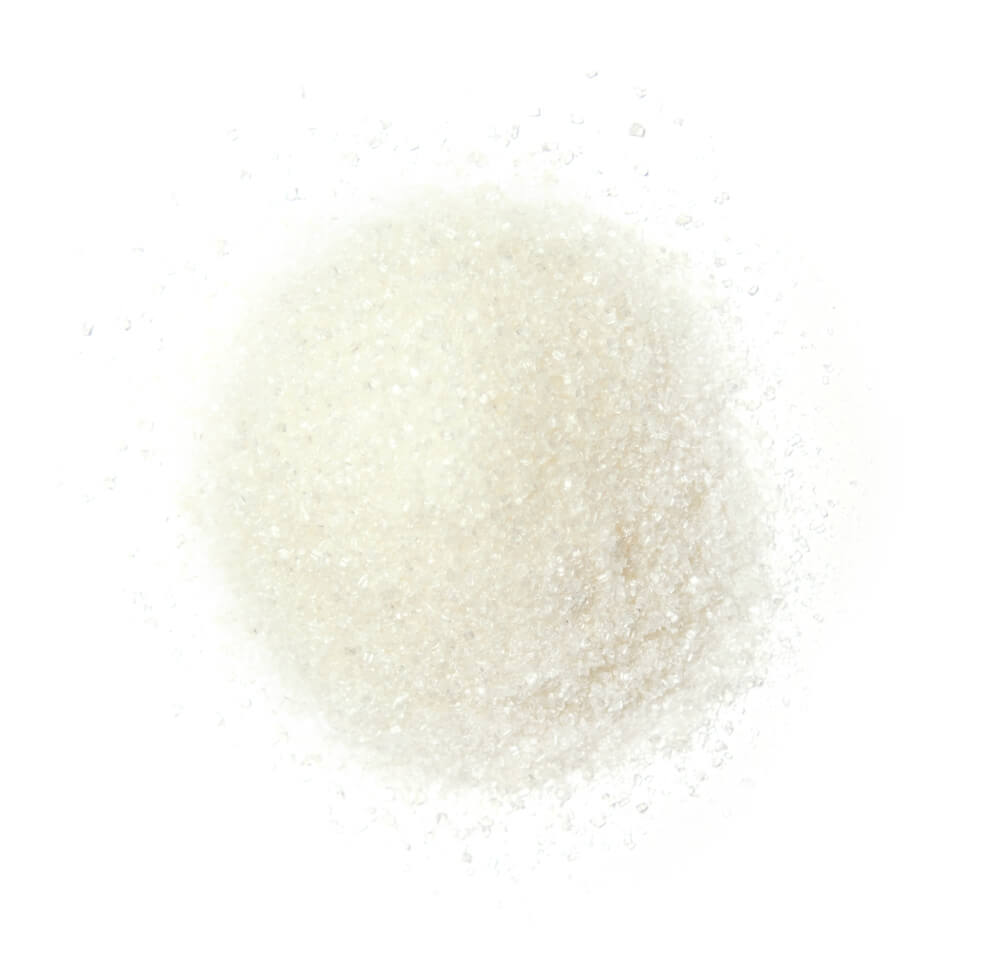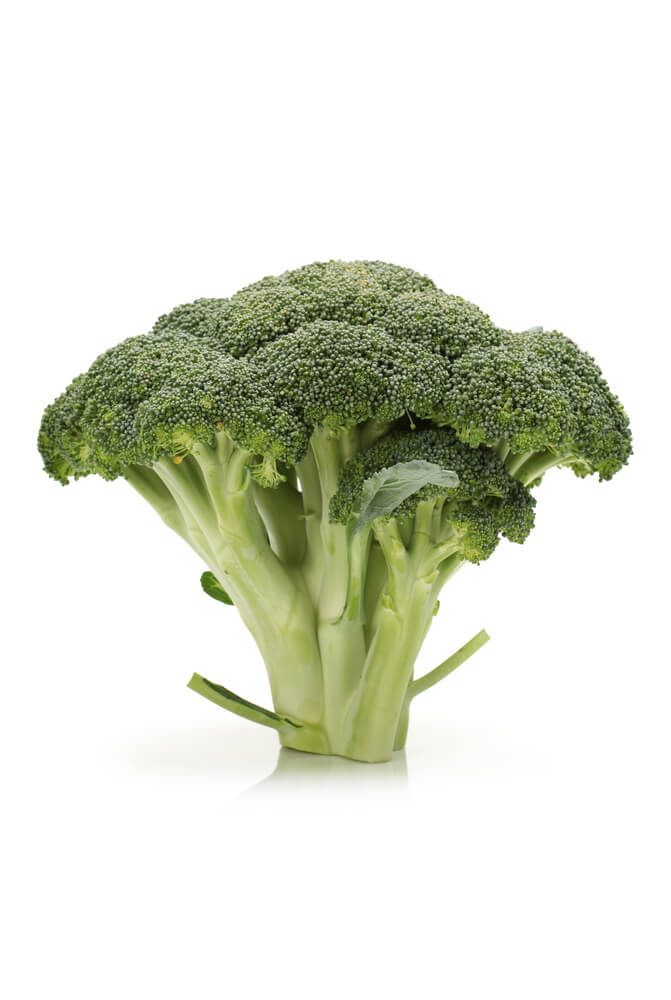
Alexandra Rothwell is a registered dietitian, with a specialization in oncology nutrition. Currently in private practice in the Bay Area, while she was in New York Alexandra worked at Mount Sinai’s Dubin Breast Center, which is where we met, primarily consulting with breast cancer patients throughout treatment and survivorship. Previously, she worked with patients of head and neck cancer, bone marrow transplant, gastric, colon, and prostate cancers, among other malignancies. She holds a Masters of Public Health from Mount Sinai’s Ichan School of Medicine, and received her nutrition education at New York University. You can find other writings by Alexandra on her website feastofgreen.com.
As an oncology nutritionist, I meet with people throughout the stages of treatment, recovery, and survivorship. The relationship between food and cancer is an ever-developing and popular field, and because of this, the people I meet with tend to have many questions. The following are a few of the most common questions I’m asked.
Does sugar feed cancer?
This is a topic I’m asked about almost everyday, though, it’s often posed as a statement, rather than a question. The Internet is flooded with the concept that sugar feeds cancer, and much of that information is not coming from reliable or scientifically-based sources. The answer to “does sugar feed cancer” is: yes… sort of. Sugar is the body’s preferred form of energy, and it “feeds”, not only malignant cells, but every other cell in the body and is the only form of energy that fuels the brain. If sugar is not readily available, malignant cells can be sustained from the byproducts of fat and muscle breakdown.
There is, however, a likely connection between sugar and cancer, but the connection is thought to lie in the way that sugar is metabolized – or processed – by the body. Alterations in sugar metabolism that involve insulin resistance lead to high levels of insulin. It’s high levels of insulin and another growth hormone, called IGF-1, that are involved in the growth of cancer. If this sounds confusing – it is – and the relationship between insulin and cancer is not fully understood by the medical community at this time.
What this information boils down to, for you and me, is that for cancer, as with many chronic diseases, it’s important to get to a healthy weight, exercise, and maintain appropriate blood sugar levels through diet. How do we do this? Eating for optimal blood sugar levels could be a post on its own, but the basics are: choose high quality carbohydrates (i.e. the “whole” ones such as beans, whole grains, and vegetables) and limit them, reasonably avoid refined sugars, particularly sugar-sweetened beverages, and consume carbohydrates as part of meals that contain fiber and fat, both of which can slow the release of sugar into the bloodstream.
How should I eat during chemotherapy?
Having a chemotherapy regimen prescribed is an incredibly daunting experience, and I’ve noticed that patients are often left with practical questions about leading their day-to-day lives during treatment periods. Amongst these concerns: do I need to change my diet? The answer to this question depends largely on the type of cancer being treated and the regimen prescribed, as diet changes should correspond with whichever treatment side effects are expected. My basic recommendation is to follow a regular, healthy diet, and manage nutritionally relevant side effects as they arise. To be prepared, it’s always a good idea to meet with a registered dietitian before treatment to determine whether you need to follow a particular diet right away (neutropenic, for example), learn some simple diet alterations for potential issues, and get written material to bring home with you. (You can also use this site to have a few good recipe ideas on hand.) I typically recommend following a bland/simple diet for one or two days leading up to and following infusion. (Most chemotherapy regimens have potential gastrointestinal side effects, such as nausea, diarrhea, or constipation, and eating a bland diet for the days surrounding infusion can help to lessen the extent of these effects.) Similarly, a tip I’ve learned from patients is to avoid favorite foods on the day of infusion. This helps to deter the formation of any negative associations with foods that you love to eat.
Over the past several years, cancer treatments and medicinal management of side effects have really been optimized, and sometimes, people are able to get through these treatments without feeling particularly ill or needing to change their diet at all. For this reason, I encourage patients to decrease anticipation of negative side effects. Not uncommonly, anticipation alone can cause the side effect (“anticipatory nausea” is a real thing). Sometimes too, an expectation of poor appetite or weight loss leads to overeating and unhealthy weight gain. (Interestingly, for some cancers and their treatments, it’s more common to gain weight than to lose it.
It might be helpful to think of treatment periods as a time when you want to give yourself the best care possible – in a way, you want to create a spa-like environment for yourself. Recruit friends and family members to help. Give yourself nourishing, healthy, and comforting foods, exercise gently and regularly, get plenty of sleep, rest when fatigued, and try to rid yourself of burdensome stressors. For diet, I recommend a plant-based or Mediterranean style: rich in non-starchy vegetables and fruit, moderate but consistent amounts of healthy fats, moderate to limited intake of good quality animal products, and limited amounts of starch.
Do I need to eat organic foods?

This is another question without a simple answer… basically, it depends. First, it depends whether we’re talking about produce or animal products. For produce, choosing organic products is a way to decrease exposure to pesticides. To understand the effects of pesticides on health, it can be helpful to think about this from an environmental health perspective, where exposure “x” causes disease “y”. Exposures cause disease in two ways, either through a high-dose, which will cause an acute reaction or through low-dose, chronic exposure, which cause disease following a latency period of a number of years. In either instance, a threshold of exposure must be reached in order to cause disease.
In the case of pesticides and disease risk, acute diseases, often neurological, are observed in populations with very high exposure to pesticides, such as the workers who administer the chemicals or their children. Diseases from low-dose, chronic exposure to pesticides are much harder to define. Because we are exposed to so many toxins over our lifespans, it is very difficult to match specific pesticides with their respective long-term effects. The best way to manage living in a world rife with various health-harming compounds, other than being surrounded by a bubble, is to reduce exposures as reasonably able. For some, who can afford it, this may mean buying only organic produce.

In New York City, we’re blessed with farmer’s markets full of reasonably priced organic or low-spray conventionally grown fruit and vegetables. Unfortunately, in many parts of the country, organic foods are very expensive or difficult to find. One thing we know for sure is that the benefits of eating fruit and vegetables outweigh the potential harms of very low-dose pesticide exposure, so it is certainly most important to eat these foods, whether or not they are organic. The answer to this question really boils down to: it depends on the options available to you and your financial situation. When making decisions on which foods to buy organic versus conventional, it can be helpful to reference the Environmental Working Group’s dirty dozen and clean fifteen, which provide information on the produce with the highest and lowest pesticide residues.
Organic versus conventionally raised animal products bring up an entirely different set of issues. Here, the primary concern is not pesticides, but what the animal is fed and how it is raised, whether the animal has been given synthetic growth hormones, and whether the animal has been treated with antibiotics. (Conventional livestock farming is a loaded topic, and if you want to learn more than I’m able to cover here, I recommend reading Food Inc. or watching the documentary.) Unlike organic produce, which does not seem to differ nutritionally from its conventional counterpart, products from animals that have been fed grass instead of feed, made, typically, from soy and corn, are higher in omega-3 fatty acids and other health promoting compounds.

Although many consumers are worried by the growth hormones given to conventionally raised animals, these are not actually active in humans. (There is some concern, without proper evidence to form a conclusion, that animal products from animals given growth hormones may increase levels of the growth hormone IGF-1 in humans, which has been linked to some cancers.)
The antibiotics given to conventionally raised animals are problematic for two reasons. One is that the widespread use of these drugs guides the development of bacteria that are resistant to antibiotics and are, therefore, tremendously more harmful to both animals and humans. The second issue is that antibiotics promote growth. In addition to treating or preventing disease in crammed, unsanitary spaces, growth promotion is partly why antibiotics are administered. Unfortunately, eating these foods may make humans prone to growth or weight gain, as well.
The benefits to choosing organic animal products are clear. Though, as many consumers are aware, they are significantly more expensive than conventional products. I recommend a diet based in plant-foods, and if making the switch from an animal-based diet, this should confer financial savings to cover the cost of more expensive meats and dairy. Alternatively, reducing intake of animal products as part of a plant-based diet, immediately reduces exposure to the elements of concern in conventionally farmed animals. As the goal is to reduce exposure as able, either of these alterations is effective.
Registered Dietitian or Nutritionist, What’s the Difference?
When looking for accurate information about food and nutrition it’s often hard to know who you can trust. And the internet isn’t always clear about what’s accurate, particularly in the area of cancer.













Reviews & Comments
No reviews yet.
Leave a Review or Comment